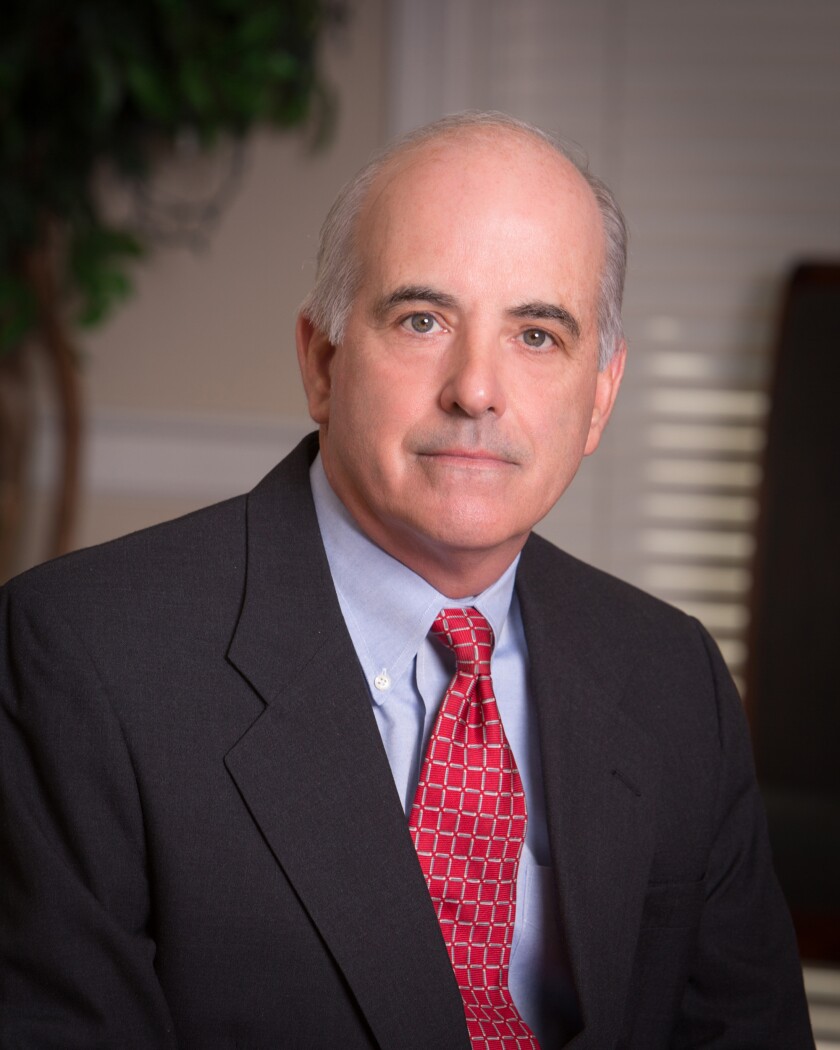The Internal Revenue Service issued guidance Tuesday to make temporary changes to section 125 cafeteria plans, with the goal of providing tax relief and flexibility in the midst of the novel coronavirus pandemic. The IRS is extending the claims period for health care flexible spending arrangements and dependent care assistance programs and enabling taxpayers to make mid-year changes to their accounts.
The guidance released Tuesday by the IRS deals with the unanticipated changes in expenses faced by many taxpayers as a result of the COVID-19 pandemic. The IRS is now allowing its previously provided temporary relief for high deductible health plans to be applied retroactively to Jan. 1, 2020, and also increases for inflation the $500 permitted carryover amount for health FSAs to $550.
Joseph H. Neely is a former director of the FDIC and career banker. He is president of Neely and Associates, a consulting firm advising banks on regulatory and strategic matters.
Abby Salameh, chief growth officer at RFG Advisory, is a seasoned C-suite executive with extensive expertise in expanding financial advisory, alternative investment, fintech and financial services organizations, particularly those undergoing transformation.
She has held CMO positions at RIAs including Private Advisor Group and Hightower Advisors, as well as alts platform CAIS.
Peter Dugas is an Executive Director at Capco and leads Capco's Center of Regulatory Intelligence, focusing on delivering political and regulatory intelligence and optimizing regulatory change management programs for clients across the globe. With 25 years of experience helping clients solve their most pressing governmental challenges, Peter's career has primarily focused on providing advice on laws and regulations, regulatory affairs, and risk and compliance for financial services clients and Fortune 500 companies.
Before joining Capco, Peter worked as a lobbyist for the financial services industry and has served in senior executive positions in the U.S. Government, including the U.S. Department of the Treasury, CDFI Fund, U.S. Department of Labor, and U.S. Small Business Administration. He is frequently featured in publications such as Wall Street Journal, American Banker, The Hill, Bloomberg, Bloomberg Law, Politico, and Business Insider.
In Notice 2020-29, the IRS is offering extra flexibility to taxpayers by:
- extending the claims periods for taxpayers to apply unused amounts remaining in a health FSA or dependent care assistance program for expenses incurred for those same qualified benefits through Dec. 31, 2020;
- expanding the ability of taxpayers to make mid-year elections for health coverage, health FSAs and dependent care assistance programs, allowing them to respond to changes in needs as a result of the COVID-19 pandemic; and
- applying earlier relief for high-deductible health plans to cover expenses related to COVID-19, and a temporary exemption for telehealth services retroactively to Jan. 1, 2020.
In conjunction with that notice, the IRS also issued Notice 2020-33, in response to the Trump administration’s Executive Order 13877, which directs the Treasury secretary to “issue guidance to increase the amount of funds that can carry over without penalty at the end of the year for flexible spending arrangements.” The notice ups the limit for unused health FSA carryover amounts from $500, to a maximum of $550, adjusted each year for inflation.




